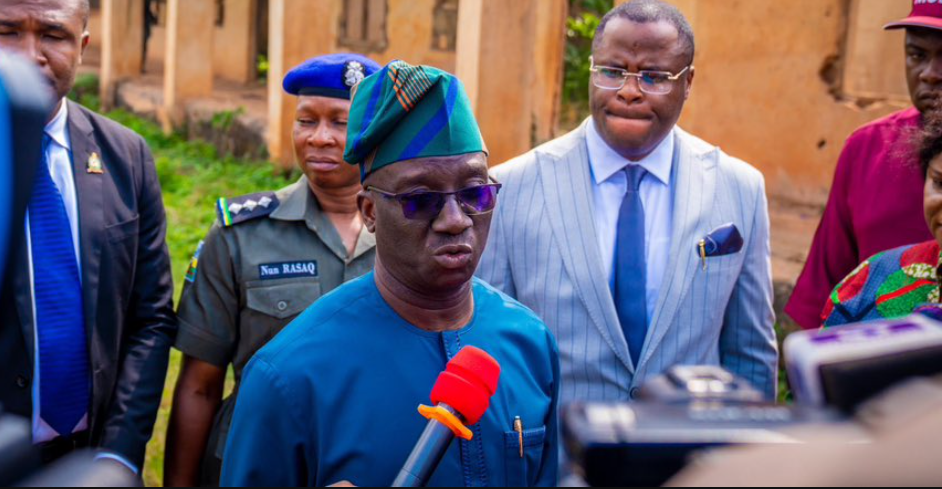The Edo State Governorship Election Petition Tribunal witnessed a significant development on Monday, January 27, 2025, as Governor Godwin Obaseki, represented by his counsel, Onyechi Ikpeazu (SAN), presented his defense and subsequently closed his case. This followed the closure of the Independent National Electoral Commission’s (INEC) case on the preceding Thursday, where INEC, surprisingly, opted not to call any witnesses to substantiate the validity of the September 21, 2024, gubernatorial election. This strategic decision by INEC left the onus on Governor Obaseki to defend the election’s outcome.
Obaseki’s defense strategy revolved around a single witness, Usman Majek, a resident of Usen in Ovia South-West Local Government Area. Majek testified as an All Progressives Congress (APC) polling unit agent during the contested election. His testimony, however, presented certain inconsistencies and admissions that could potentially weaken Obaseki’s defense. Under cross-examination by the petitioners’ lead counsel, Adetunji Oyeyipo (SAN), representing the Peoples Democratic Party (PDP) and its candidate, Pastor Osagie Ize-Iyamu, Majek conceded to the occurrence of over-voting in his polling unit, a critical allegation raised by the petitioners.
Further probing by Oyeyipo revealed that the accreditation and voting processes took place concurrently in Majek’s polling unit, raising questions about the integrity and adherence to established electoral procedures. This simultaneous conduct of accreditation and voting deviates from the standard practice where accreditation precedes voting, a measure designed to prevent electoral malpractice. This admission by the witness could be interpreted as a procedural irregularity that potentially compromised the fairness of the election in that particular polling unit.
Adding another layer of complexity to the proceedings, Majek disclosed that he lodged complaints with both the police and INEC regarding the recorded results on the result sheet after he had signed it. This post-signing complaint suggests potential discrepancies or irregularities that came to his attention after the official documentation of the results. The nature and specifics of these complaints remain undisclosed, leaving room for speculation and further investigation. This aspect of Majek’s testimony could be a crucial point of contention in the tribunal’s deliberations.
Following Majek’s testimony, Ikpeazu, representing Governor Obaseki, swiftly moved to close his client’s defense. This decision, while seemingly abrupt, may have been strategically calculated to limit further exposure to potentially damaging cross-examination. The tribunal, presided over by Justice Wilfred Kpochi, granted Ikpeazu’s request without any objection from the petitioners (PDP and Ize-Iyamu), INEC, or the APC. This unopposed closure of Obaseki’s defense set the stage for the APC to present its own case.
The tribunal subsequently adjourned the proceedings until Wednesday, February 12, 2025, to allow the APC to open its defense. This adjournment signifies the next phase of the legal battle, shifting the focus to the APC’s role in the contested election. The APC’s defense strategy will be closely scrutinized, particularly given the admissions made by Obaseki’s sole witness.
The tribunal’s final decision will hinge on the careful evaluation of the evidence presented by all parties involved, including the testimonies of witnesses, documented evidence, and legal arguments. The outcome holds significant implications for the political landscape of Edo State and could potentially set legal precedents for future election petitions. The admissions made during Obaseki’s defense could be pivotal in determining the final verdict, potentially swaying the judgment in favor of the petitioners. The forthcoming APC defense holds the key to further unraveling the complexities surrounding the Edo State gubernatorial election.














